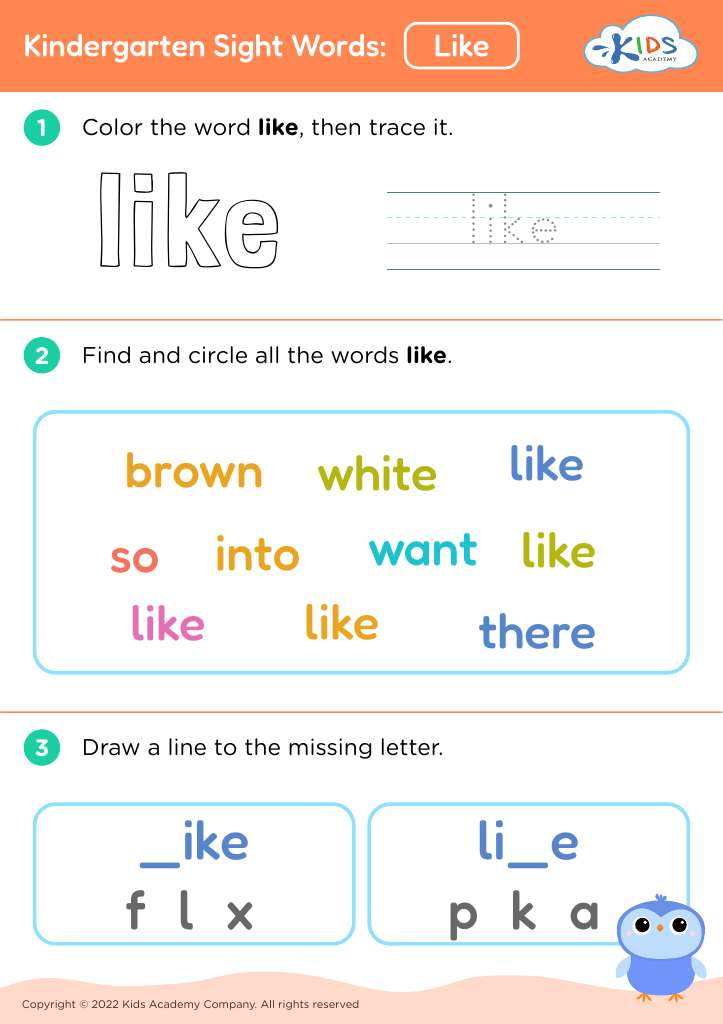Basic arithmetic skills Building Vocabulary Worksheets for Ages 6-7
3 filtered results
-
From - To
Enhance your child's early math abilities with our "Basic Arithmetic Skills Building Vocabulary Worksheets for Ages 6-7"! These engaging worksheets integrate foundational arithmetic concepts with effective vocabulary exercises, helping young learners strengthen their math language and problem-solving abilities. Each page offers a mix of fun activities, including counting, addition, subtraction, and more, paired with relevant vocabulary terms that boost comprehension and confidence. Ideal for classroom use or at-home practice, our PDF worksheets encourage children to develop essential skills while enjoying the learning process. Transform math time into a delightful adventure with our expertly designed resources!
Parents and teachers should prioritize building basic arithmetic skills and vocabulary in children aged 6-7 because these foundational abilities play a crucial role in their overall academic success and cognitive development. Arithmetic skills at this age form the bedrock of more complex mathematical concepts they will encounter in later years, such as multiplication, division, and problem-solving strategies. Early mastery of basic addition and subtraction helps foster confidence and a positive attitude toward math, mitigating anxiety and resistance to the subject in future grade levels.
Simultaneously, a robust vocabulary is essential for language development and reading comprehension. At ages 6-7, children transition from learning to read to reading to learn. A rich vocabulary enables them to understand more complex stories and informational texts, thereby enhancing their capacity to acquire new knowledge across all subjects. This age window is critical as their brains are remarkably receptive to new words and concepts.
Moreover, both arithmetic and vocabulary skills contribute to critical thinking and problem-solving abilities. Children who are adept in these areas can make connections between different pieces of information more easily, approach problems with a more analytical mindset, and communicate their ideas more clearly. Therefore, investing time and effort into these foundational skills yields benefits that extend far beyond the classroom, impacting a child’s lifelong learning trajectory.




















.jpg)









